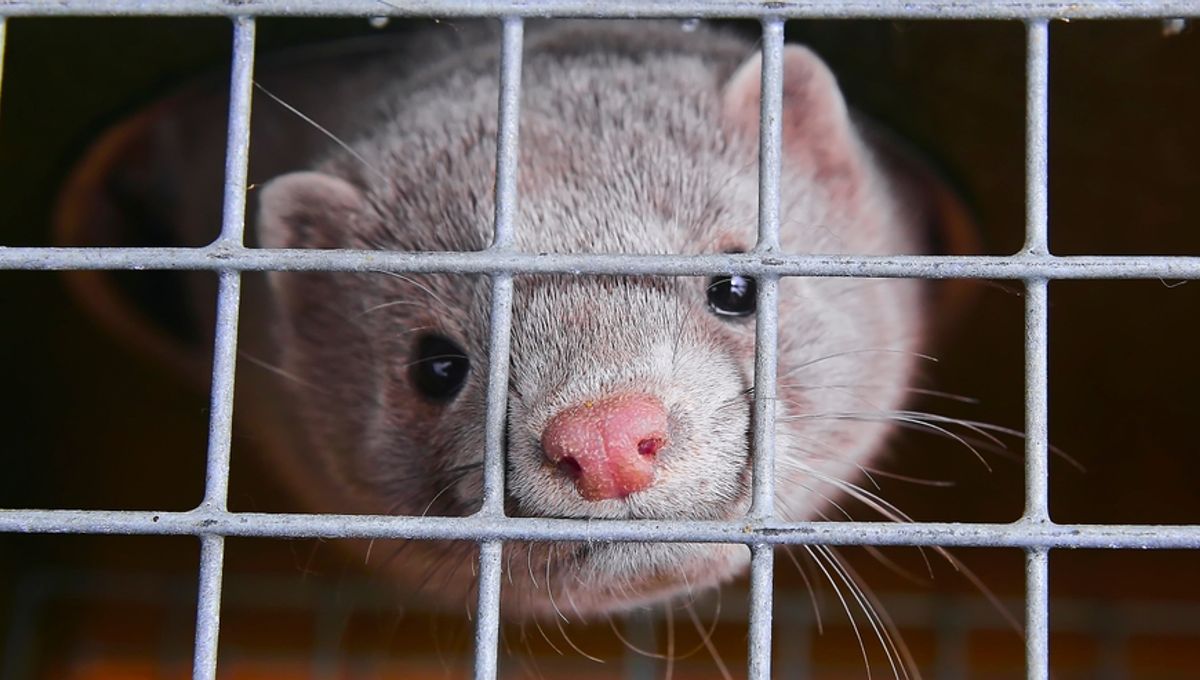
Infectious viruses that can spread to humans are rampant throughout Chinese fur farms, a new study suggests. Researchers found over 100 viruses in mink, guinea pigs, and muskrat carcasses. The team warned that fur farms are a hub for infectious diseases.
Since the COVID-19 pandemic was linked to live animals sold at markets in China, scientists have been tracking how zoonotic viruses – which can jump between animals and humans –spread in these settings. An international team of researchers used a technique called metagenomic sequencing, a type of analysis that looks at all DNA and RNA in a sample. The team studied lung and intestine tissue from 461 animals. All died of infectious diseases. The great majority – 412 – died in fur farms, while an additional 49 died in the wild or in wildlife sanctuaries. Nearly 30 species were studied.
The samples contained a trove of viruses, identifying 125 species in total, including coronaviruses, the same group as the pandemic virus SARS-CoV-2; influenza A, and paramyxoviruses, which cause measles and mumps. The team found 36 virus species new to science and 39 that posed a risk of jumping between species, including 11 that had previously infected humans.
“It is interesting that we see this diversity of known and potential zoonoses found in and transmitted between so many different types of animals and over such large geographical areas,” said coauthor John Pettersson, an associate professor at Uppsala University, in a statement.
Mink and raccoon dogs – an Asian species that is more closely related to foxes than to North American raccoons – harbored the most high-risk viruses.
The team highlighted a particular coronavirus found in two mink that died on a single farm. This virus resembles the species that causes the viral respiratory infection Middle East respiratory syndrome (MERS) in humans. The virus originates in bats, and the researchers wrote that this “illustrates a cross-order transmission event from wildlife to farmed fur animals that are in close contact with humans.” Fur farms should be subject to greater surveillance to track the spread of potential infectious disease outbreaks more effectively, wrote the researchers. Fur farms, frequently criticized for their poor animal welfare standards, have been banned or are being phased out in over 20 European countries.
“For viruses, these are good conditions, as having multiple opportunities to infect many individuals in various host species can help a virus to evolve and jump to a new species. Following adaptation, one of those new species the virus jumps into might be humans,” Pettersson told Newsweek.
The study was published in Nature.
Source Link: Viruses Capable Of Infecting Humans Are Rapidly Spreading Through Chinese Fur Farms